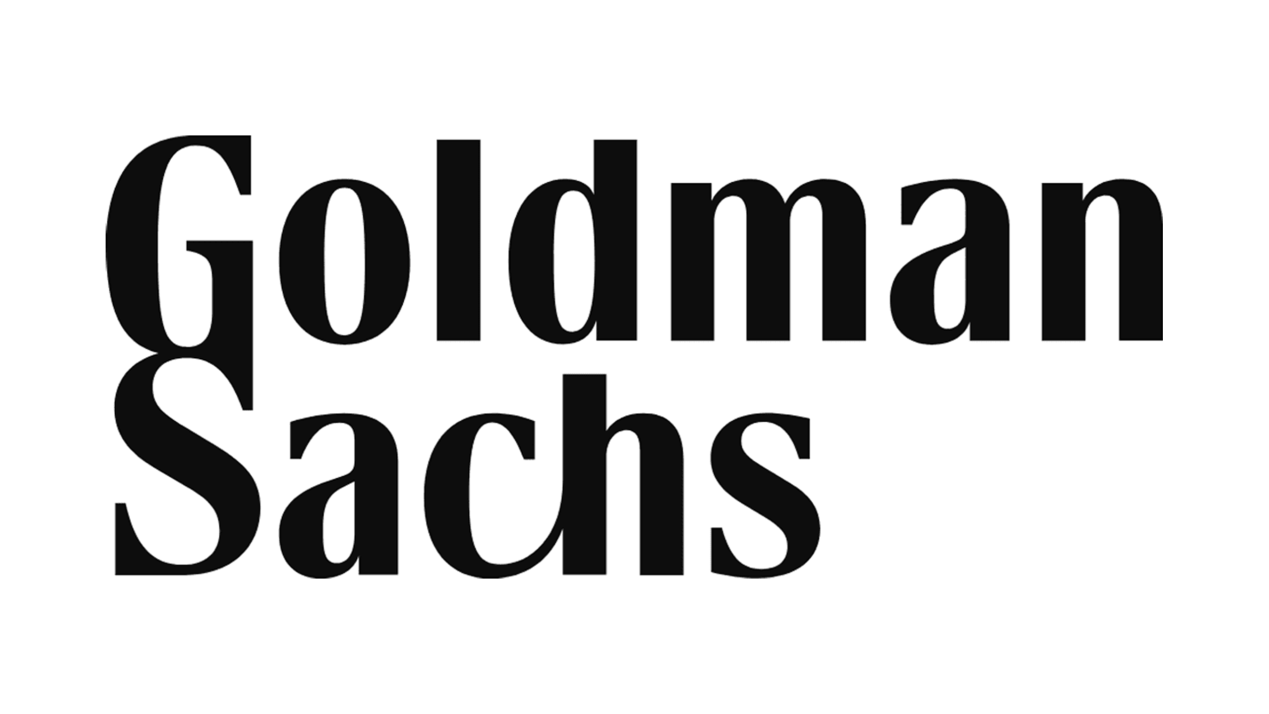
Why Skills-First Leadership Is Replacing the Ivy League Playbook in the C-Suite
The old prestige pyramid—where Ivy League degrees and blue-chip consulting backgrounds paved the way to the CEO seat—is cracking.

Goldman Sachs has issued a positive outlook on Chinese equities, projecting a potential upside up to 18% from current levels. The investment bank’s assessment is underpinned by improving economic fundamentals, favorable regulatory developments, and attractive valuations.
The Chinese economy has demonstrated resilience in recent months, with key indicators such as GDP growth, industrial production, and retail sales exhibiting signs of recovery. The government’s stimulus measures and easing regulatory pressures have contributed to this positive momentum.
Goldman Sachs believes the Chinese stock market is undervalued relative to its growth potential. The firm’s analysis suggests the market is trading at a discount to its historical average, indicating significant upside potential.
Furthermore, the investment bank highlights the increasing attractiveness of Chinese equities to foreign investors. The liberalization of the Chinese capital markets and the growing integration of the Chinese economy into the global financial system have made Chinese stocks more accessible to international investors.
However, it is important to note that investing in Chinese equities carries inherent risks. The Chinese market is volatile, and there are concerns about geopolitical tensions and regulatory uncertainty.
Despite these risks, Goldman Sachs’ bullish outlook on Chinese stocks suggests that the investment bank believes the potential rewards outweigh the downside. Investors considering investing in Chinese equities should carefully research the market and understand the risks.
The positive outlook from Goldman Sachs could further fuel interest in Chinese stocks and drive up prices. However, it is essential to approach investments cautiously and diversify one’s portfolio to mitigate risk.

The old prestige pyramid—where Ivy League degrees and blue-chip consulting backgrounds paved the way to the CEO seat—is cracking.

Loud leaders once ruled the boardroom. Charisma was currency. Big talk drove big valuations.

But the CEOs who make history in downturns aren’t the ones with the deepest cuts

Companies invest millions in leadership development, yet many of their best executives leave within a few years. Why?

The most successful business leaders don’t just identify gaps in the market; they anticipate future needs before anyone else.

With technological advancements, shifting consumer expectations, and global interconnectedness, the role of business leaders

Following a distinguished Law Enforcement career Joe McGee founded The Securitatem Group to provide contemporary global operational specialist security and specialist security training products and services for private clients, corporate organisations, and Government bodies. They deliver a wide range of services, including complete end-to-end protection packages, close protection, residential security, protection drivers, and online and physical installations. They provide covert and overt investigations and specialist surveillance services with a Broad range of weapons and tactical-based training, including conflict management, risk and threat management, tactical training, tactical medicine, and command and control training.

Jay Wright, CEO and Co-Owner of Virgin Wines infectious energy, enthusiasm, passion and drive has been instrumental in creating an environment that encourages talent to thrive and a culture that puts the customer at the very heart of every decision-making process.

Fabio de Concilio is the visionary CEO & Chairman of the Board at Farmacosmo, a leading organization dedicated to mental health and community support services. With a deep commitment to identifying and meeting customer needs, Fabio ensures that high standards are maintained across the board.

Character Determines Destiny – so said Aristotle. And David CM Carter believes that more than anything else. For David, it has been numerous years of research into codifying Entelechy Academy’s 54 character qualities that underpin everything he stands for as a leader and teacher.


Leave us a message
Subscribe
Fill the form our team will contact you
Advertise with us
Fill the form our team will contact you